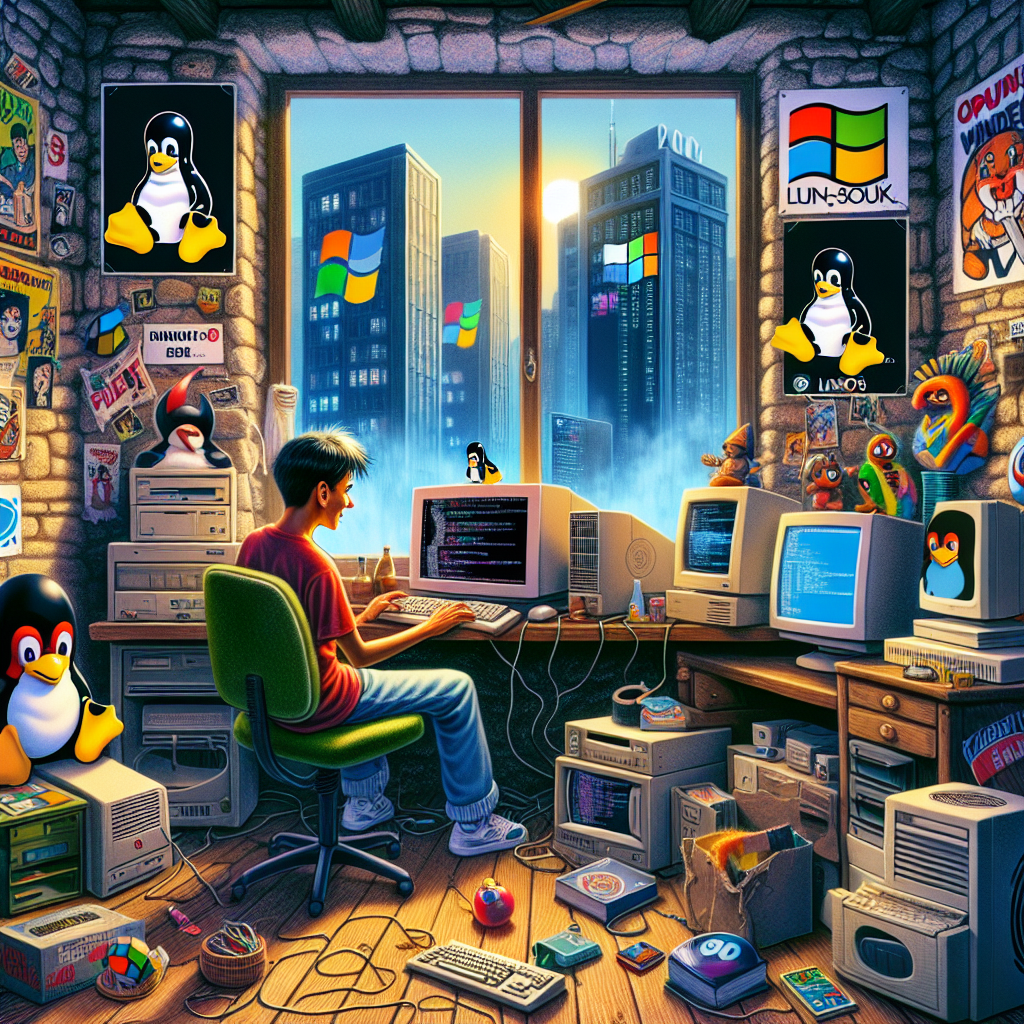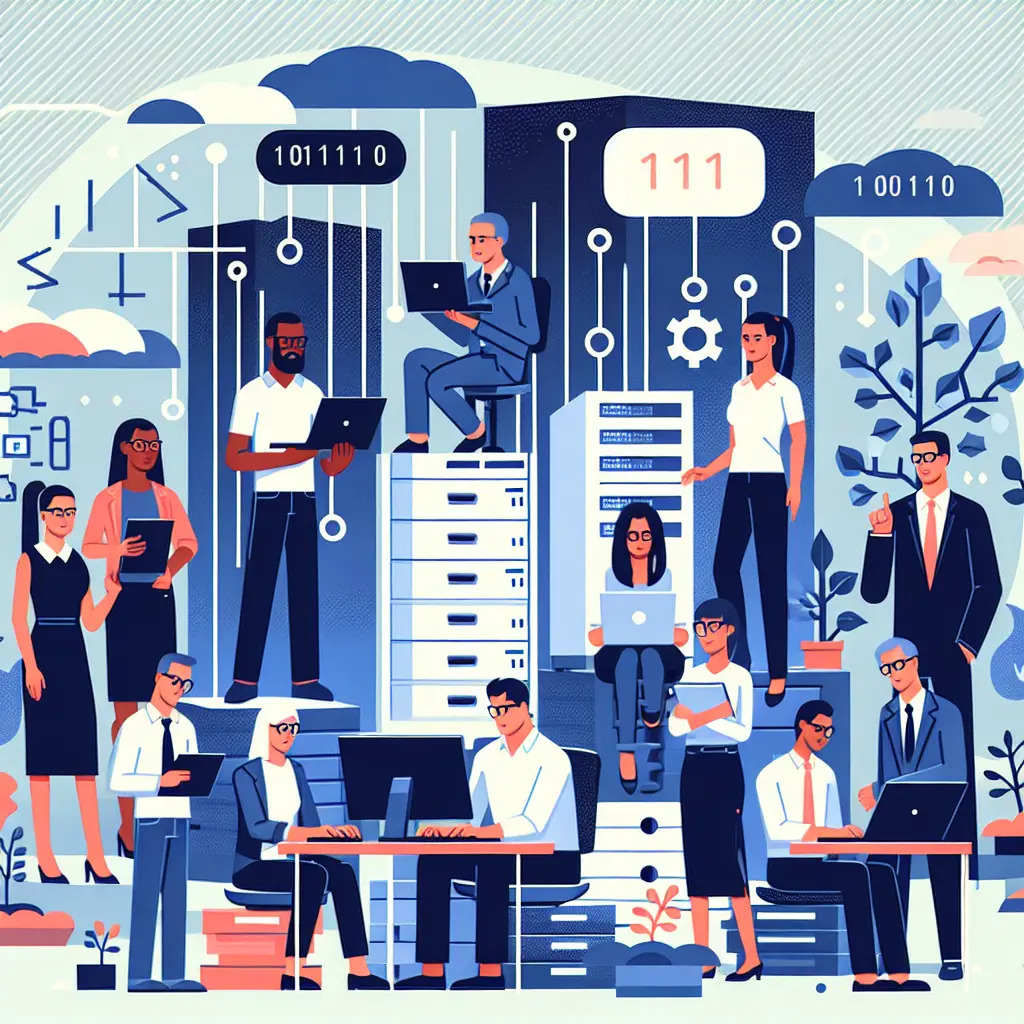Open-source software projects are powering a new era of C/C++ Integrated Development Environments (IDEs), revolutionizing how developers build the next generation of high-performance applications.
The recent market analysis of C/C++ Integrated Development Environments (IDEs) reveals a rapidly expanding landscape, largely driven by both commercial and open-source initiatives. These platforms form the backbone of countless software projects worldwide, underpinning everything from embedded systems and automotive technology to gaming and IoT solutions.
The Rise of Open Source in C/C++ IDEs
Open-source IDEs have become a cornerstone of the C/C++ development ecosystem. Tools such as Eclipse, Code::Blocks, KDevelop, Geany, Notepad++, and Vim are not just alternatives to commercial offerings—they are often the preferred choice for developers who value flexibility, transparency, and robust community support. These platforms allow programmers to access powerful code editing, compiling, and debugging tools without licensing fees, tailor their development environments for specialized workflows, and benefit from rapid innovation fueled by global collaboration.
Key Market Insights
The market for C/C++ IDEs is anticipated to grow at a compound annual growth rate (CAGR) of about 7% between 2025 and 2032. This surge is being driven by increasing demand for high-performance and embedded applications, particularly as industries like automotive, gaming, and IoT continue to expand. Technological advancements such as AI-assisted coding, cloud-based IDEs, and enhanced debugging features are becoming standard. North America is currently the dominant region, while Asia-Pacific is recognized as the fastest-growing market for these development tools.
Open Source: Driving Innovation and Adoption
Open-source projects are not just tools—they serve as engines of innovation across industries. Their widespread adoption is propelled by cross-platform compatibility, cloud-based development that enables remote collaboration, AI-powered code completion and debugging enhancements, and strong community support that ensures rapid problem resolution and feature growth. These qualities make open-source IDEs especially popular in educational, startup, and enterprise environments alike.
Market Dynamics and Industry Trends
Despite their many strengths, open-source IDEs do face certain challenges. Advanced feature sets can create a steeper learning curve for newcomers, while integrating multiple tools can result in fragmented toolchains and potential compatibility issues. Sustained community contribution is crucial for continued progress, but active user communities and frequent updates often help address these concerns effectively.
Industry trends highlight the growth in embedded and IoT applications, proliferation of cloud-based development tools, and an increasing focus on developer productivity. The market’s evolution is also influenced by broader economic, technological, and social trends—areas where open-source projects can rapidly adapt.
Open-source IDEs like Eclipse CDT, CodeLite, Geany, and KDevelop are increasingly chosen for their cross-platform flexibility, advanced features such as AI code completion, and strong community-driven innovation. These platforms are supporting the next wave of high-performance software development across industries.
As open-source projects continue to evolve rapidly in response to industry demands and user feedback, they empower creativity and collaboration—enabling everything from student projects to mission-critical enterprise applications.
Open Source Shaping the Future of C/C++ Development
Open source is not merely another option in the C/C++ IDE market—it is the driving force shaping the software development landscape. By empowering developers at every level with free, customizable tools and fostering a culture of innovation, open-source IDEs are helping teams around the world engineer the technologies of tomorrow.
For a deeper dive into trends and forecasts in the C/C++ IDE space—including both open-source and commercial solutions—visit the comprehensive market study at this link.
As we look ahead, it is clear that open-source spirit will continue to inspire progress. When developers build together through shared tools and collective innovation, the result is a stronger digital future for everyone.
Embrace open source—not just as a technology choice, but as a philosophy that fuels creativity and collective achievement in software engineering.
Stay inspired by the open-source spirit—because when we build together, we build a stronger digital future.









Leave a Comment